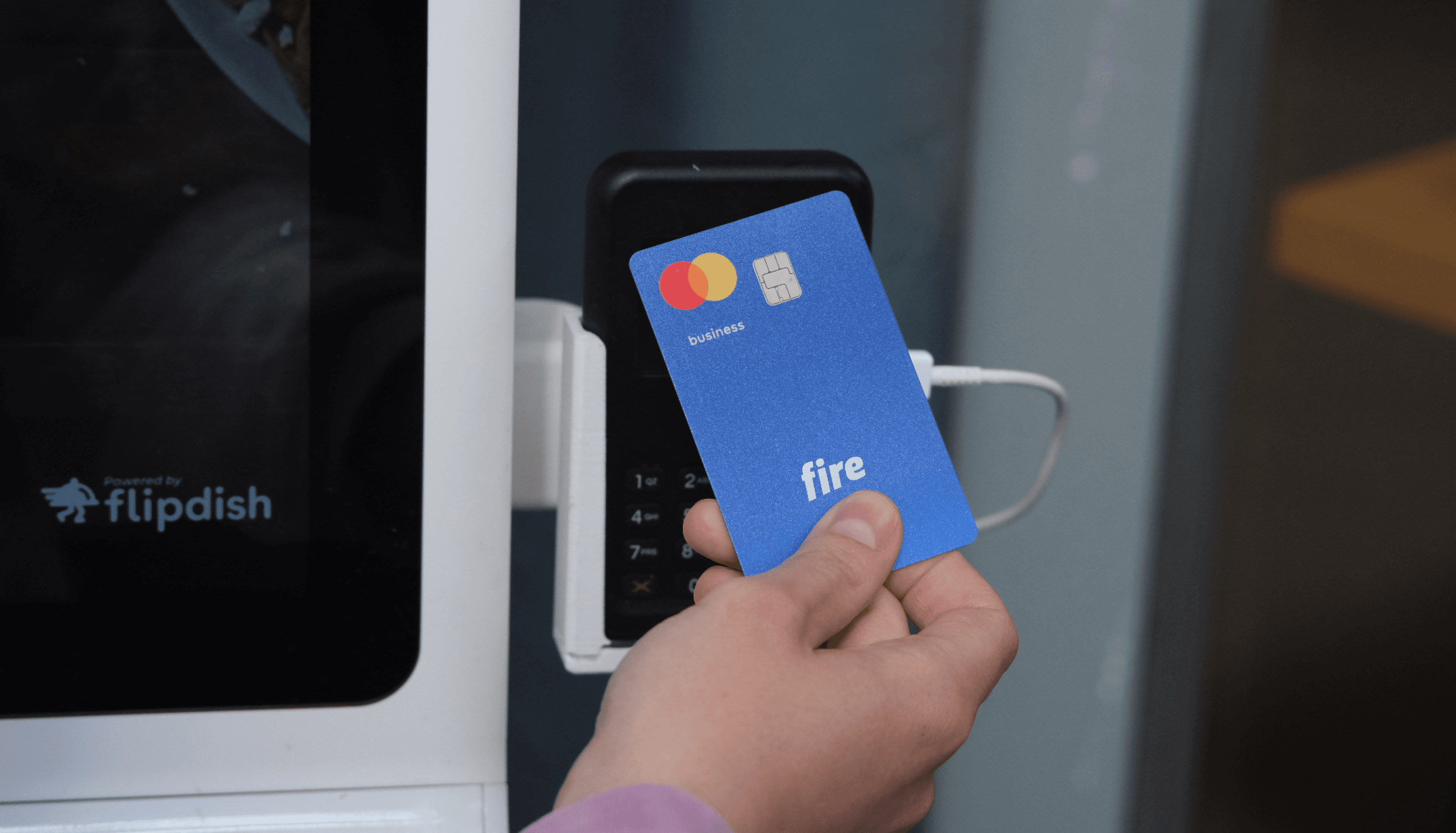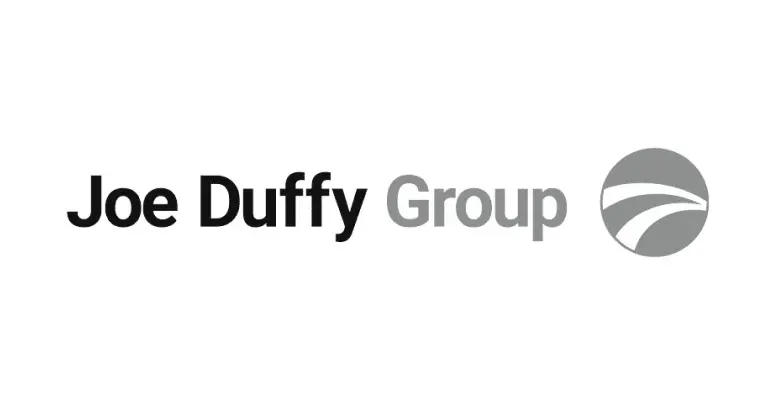Optimising financial control for digital marketing agencies and gig economy platforms

Article snapshot
Exploring how digital agencies and gig economy platforms can enhance financial control, improve security, and streamline payments with debit cards and API-driven solutions.
Leveraging debit cards and API-driven solutions to enhance security, streamline payments, and improve financial oversight in the digital economy.
–
The way we shop is constantly evolving, with the shift from brick-and-mortar stores to e-commerce accelerating rapidly in the post-COVID era. This transformation has reshaped consumer behaviour and impacted how businesses – retailers, advertisers, and service providers – engage with their audiences.
A significant factor in this change is the rise of the gig economy, where 10% of the EU labour force now operates. This trend reflects a growing preference for flexibility, with organisations increasingly relying on freelancers and contractors for short-term, project-based roles. Consumers, in turn, are embracing digital services powered by gig workers, who deliver essentials like groceries directly to their doorsteps, bypassing the high street. This shift has reduced foot traffic to physical stores, leading to a decline in demand for traditional advertising spaces like billboards and posters. Instead, the battle for consumer attention has moved online to platforms such as social media, games, and browsers.
For businesses operating in this digital-first world, the challenges are twofold. Marketing teams must efficiently coordinate advertising campaigns across multiple channels, requiring fast, budget-conscious access to ad space on platforms like Google and Meta. At the same time, gig economy platforms need seamless payment solutions that allow workers to make purchases on behalf of customers without exposing either the platform or the customer to financial risks like fraud or unauthorised spending.
Modern fintech solutions address these challenges head-on, offering businesses the tools to manage payments efficiently, securely, and cost-effectively. From empowering digital marketing agency payment solutions to streamline ad spend to equipping gig economy platforms with robust financial controls, these innovations are transforming the way payments are handled in today’s economy.
Bridging digital marketing and the gig economy
At first glance, marketing agencies and the gig economy may seem unrelated, but they share a significant overlap in their operational challenges, particularly when it comes to payment management. Both sectors operate in fast-paced, dynamic environments where flexibility, efficiency, and security are essential. By exploring their connection, we can better understand how modern payment solutions – like debit cards and APIs – play a crucial role in meeting their shared needs.
Shared reliance on digital platforms
Marketing agencies and gig economy platforms both thrive in the digital ecosystem. Marketing agencies rely on platforms like Google and Meta to run campaigns, while gig economy platforms such as food delivery apps or ride-hailing services connect workers to customers. Both require seamless payment systems to manage transactions efficiently across these platforms. Effective digital marketing agency payment solutions can streamline this process, ensuring marketing teams stay within budget while maintaining financial oversight.
Flexibility and control in workforce and spend
Both marketing agencies and gig economy platforms require flexible systems to manage workforce and spending, but this flexibility must be balanced with robust controls to ensure efficiency and prevent misuse.
For marketing agencies
Flexibility is key in marketing agencies, where account managers often need the ability to make real-time purchases – such as buying ad space or covering campaign expenses – using company debit cards. This flexibility allows campaigns to run smoothly and on time, without unnecessary delays.
However, with flexibility comes the need for strong controls. Marketing teams handle large budgets, and without proper oversight, there’s a risk of overspending, misuse or fraud. To mitigate this, it’s essential for bespoke digital marketing agency payment solutions that allow for freezing and unfreezing of cards, setting transaction limits and managing spend in real time. These controls ensure accountability, protect against fraudulent activities, and provide transparency on campaign spend, enabling the marketing teams to manage budgets more effectively.
For gig economy platforms
Gig economy platforms also require flexibility to ensure contractors or gig workers can fulfil orders efficiently. These workers often need access to company debit cards to make purchases on behalf of customers – whether for groceries, deliveries, or services. This flexibility enables platforms to scale their operations without the need for manual intervention, allowing workers to act on behalf of the company without delays.
At the same time, having tight controls in place is crucial to prevent misuse and fraud. Gig economy platforms face the challenge of giving workers access to funds while limiting the risk of unauthorised spending. Key features such as setting transaction limits, restricting purchases to approved vendors, and linking cards to specific accounts or campaigns are vital. These controls ensure that workers use company funds only for their intended purpose and within defined parameters, safeguarding the business from potential financial exposure.
Overlapping payment challenges
Whether it’s booking ad space or purchasing goods for customers, both industries face similar payment challenges:
- The need for secure transactions and robust controls that reduce the risk of fraud.
- The importance of real-time payment processing and transparency.
- The demand for cost-effective payment solutions to minimise fees and streamline reconciliation.

The role of debit cards in digital marketing spend
Why debit cards are essential for digital agencies?
Debit cards are an essential tool in the realm of digital marketing agency payment solutions. Their ease of use, immediate confirmation of purchase and global acceptance allows marketers to instantly book ad space across all digital platforms from Meta to Google and everything in between.
What’s the benefit of debit cards over credit cards?
Debit cards allow both marketing and finance teams to maintain full oversight of campaign spending and ensure cost certainty. By using a debit card, you are spending funds you already have on hand, minimising the risk of overspending, which can occur when using a credit line. Debit card transactions are processed in real time, providing immediate visibility and control over campaign expenses. Additionally, debit cards are typically more cost-effective than credit cards, as there is no credit interest to factor in, which can be unpredictable and impact your campaign’s revenue. Late payment fees associated with credit cards can also be highly excessive. Why give away your hard-earned revenue to pay for access to funds when it’s not necessary?
How debit cards put control back in your hands?
With a Fire account, marketing teams can be issued as many debit cards as needed to facilitate efficient, secure, and reconcilable campaign spending in any currency, across any platform, anywhere in the world. Teams can also set up new accounts instantly and use individual accounts per campaign, making it easy to track spend and monitor remaining budgets.
With a Fire debit card, you can change the account a card is linked to as often as necessary, allowing one card to serve multiple campaigns, even when the budgets are segregated into separate accounts. This eliminates the need to manage different card numbers for each campaign. With a simple click, all your campaigns are managed from a single source.
Using the Fire Payments API, you gain real-time insights to manage cash flow across accounts, ensuring that effective, impactful campaigns have the funding they need when they need it, with minimal disruption or manual intervention. This is a prime example of how digital marketing agency payment solutions can optimise financial control, allowing agencies to focus on creative and strategic tasks while ensuring smooth financial operations.
Best practices for using debit cards in the gig economy
Simplifying purchases for gig workers
Simplicity, efficiency, and control are key tenets of managing the relationship between gig workers and an organisation. The gig economy is about providing flexibility and opportunity to the worker, while supporting scalability for companies and organisations, and it is only continuing to grow. It is expected that an additional 30 million gig workers will be in the workforce by the end of 2025. With the continued growth in workers and industries focused on the gig economy, new approaches will be required to enable these workers to make purchases on behalf of the company or their customers without personal financial exposure. The growth of fintech firms and the increased availability of APIs allows companies to continue to engage with the gig economy in a controlled and efficient way, leading to a mutually beneficial relationship.
Mitigating risks of misuse and fraud
In the past, the idea of giving a gig economy worker a business debit card to make purchases on behalf of a customer would have given your COO or CFO sleepless nights. The risk of casual contractors using the card for unintended or fraudulent transactions without oversight made this approach impractical, limiting growth opportunities in the market.
Today, with new entrants into the debit card issuing space and the control provided to card users and businesses via APIs, innovative business models have emerged, with debit cards playing a crucial role in their operations. Companies can now give gig workers access to debit cards, enabling them to make purchases on behalf of the company or their customers, while leveraging powerful API integrations to control when, where, and for how much a card can be used. This significantly reduces the company’s risk exposure, while allowing workers to fulfil orders from a broader range of suppliers without the need for credit lines or complex integrations with retailers, restaurants, car service providers, etc.

The future: shifting to API-driven debit card management
As the role of APIs in business continues to grow, they are becoming central to organisations’ expense management, card issuing, and finance structures. With changes in Ireland’s tax policies on employee expenses, more businesses will need to issue expense cards to manage day-to-day spend, while maintaining control and mitigating risks of card misuse. APIs like Fire’s provide finance teams with real-time, actionable insights into card usage, making it easier to manage budgets and integrate with accounting or ERP systems, significantly reducing manual overhead.
For marketing agencies, APIs allow quick campaign adjustments while maintaining strict oversight of spending. This flexibility ensures campaigns stay on budget, enabling swift decision-making. As digital marketing agency payment solutions evolve, agencies are empowered to better manage their financial workflows, with enhanced oversight and efficiency. Similarly, for gig economy platforms, APIs give contractors the tools they need to make purchases on behalf of customers, without exposing the company to financial or reputational risk.
Future API enhancements will give businesses even more control, enabling them to set spend limits, determine allowable merchants, or even restrict purchases by location or time of day. These tools will benefit both marketing agencies and gig economy platforms by ensuring financial control, while providing the flexibility to meet market demands.
Empowering businesses
The shift to digital commerce has reshaped business operations and consumer engagement. Debit cards now play a crucial role in enabling marketing agencies and gig economy platforms to optimise their financial management and enhance operational efficiency.
By leveraging Fire’s Mastercard debit cards, businesses can:
- Gain control over spending: Real-time insights and spending limits help businesses stay within budget.
- Enhance security: Advanced fraud prevention reduces risks.
- Improve efficiency: Streamlined payment processes simplify approvals and reconciliation.
- Optimise cash flow: Effective fund management supports high-impact initiatives.
Integrating debit cards with APIs provides businesses with the flexibility, security, and cost-effectiveness required to succeed in a digital-first economy. With the right digital marketing agency payment solutions, agencies can optimise their financial workflows and stay ahead of the competition, while gig economy platforms can maintain control and flexibility through advanced payment systems.
To learn more about how Fire can support your business and streamline your payments, contact our team today.






